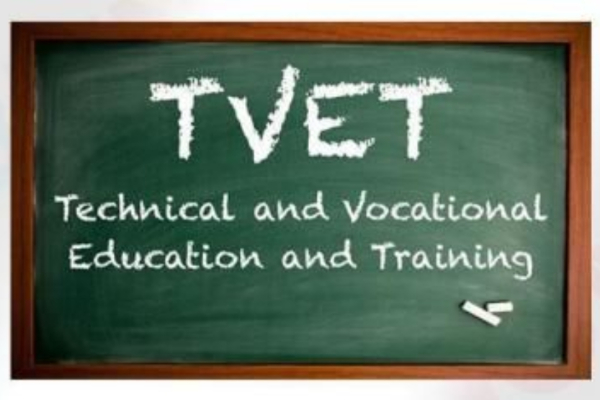Local leaders’ role in TVET growth to aid sustainable development

As the debate around the Draft National Government Village Administration Policy gains traction, we must be reminded of the ongoing process to consolidate local, national and global efforts and voices to urgently address key sustainable development goals (SDGs) challenges such as ending poverty, reducing youth unemployment, eliminating food insecurity, and effectively tackling climate change.
This brings to the fore the need to build a critical mass of relevant technical skills, especially among youths, to help countries accelerate sustainable local development agendas. And this, of course, calls for boosting enrolment of young people in technical institutions. Recognising the role grassroots leaders, such as village elders and administrators, play is critical.
The 2013 TVET Act provided for the creation of a technical institution in each of the 290 constituencies in Kenya, and consequently, the Cabinet approved the Dual Model TVET training.
However, previous efforts to advance the TVET agenda have not yielded the expected fruits. Enrolment in technical institutions has remained low. With increasing recognition of the critical importance of technical skills in addressing SDGS, the focus has since shifted. The Kenyan government, like many others across Africa, has now turned its efforts toward catalysing a TVET revolution.
As a UN food system youth leader and technical trainer, I have been engaged in outreach initiatives to speak with young people, and I can confirm the significance of village elders and administrators in mobilising community members, especially the youth.
With the reputation elders hold and their thorough understanding of the villages and the villagers, their involvement, if well structured, can enhance the process of transitioning young people into technical training institutions.
I remember an experience I had with village elders in Arua District, in northern Uganda, back in 2019. In Uganda, every visitor to a homestead must be reported to the village elders. While this served as a security mechanism, it also played a key role in monitoring and addressing the Ebola challenges. This approach can be extended to many other activities, including advancing the TVET agenda for sustainable development.
What makes such grassroots actors essential is the realisation that in addressing global challenges, local action is key. Effective local action requires substantial collaboration, cooperation, and partnership, with a specific focus on developing necessary skills to address both current and emerging sustainable development challenges.
While the current policy consideration in Kenya is focused within the Ministry of Interior, the need to break silos is urgent. This policy must be seen from the wide spectrum of accelerating not only goal 16 on peace and inclusive societies but also ending poverty, zero hunger, climate action and many others directly or indirectly using systems thinking lenses.
The writer is a UN global food systems Youth Leader, Vocational and Technical Trainer, and Communication Consultant















